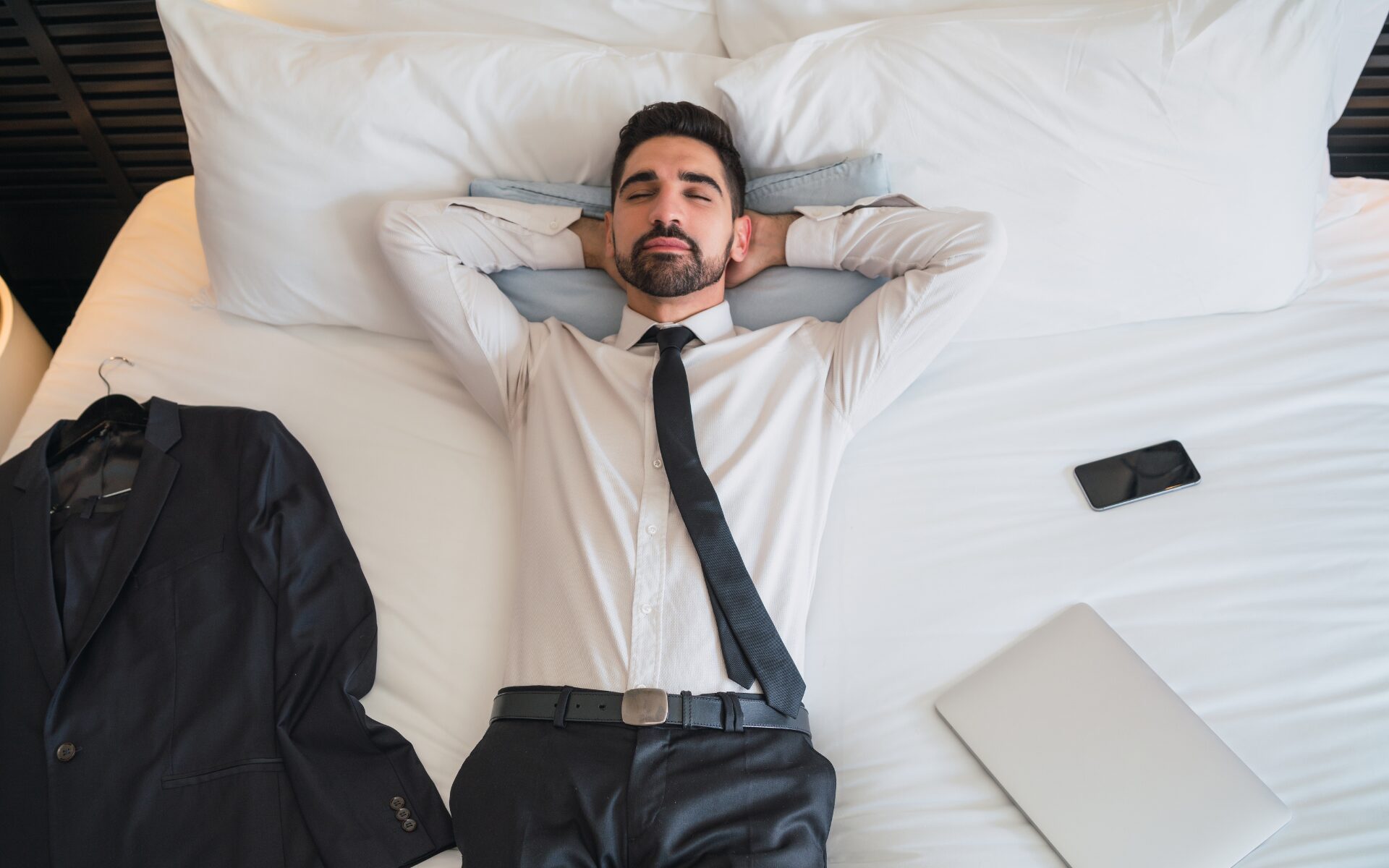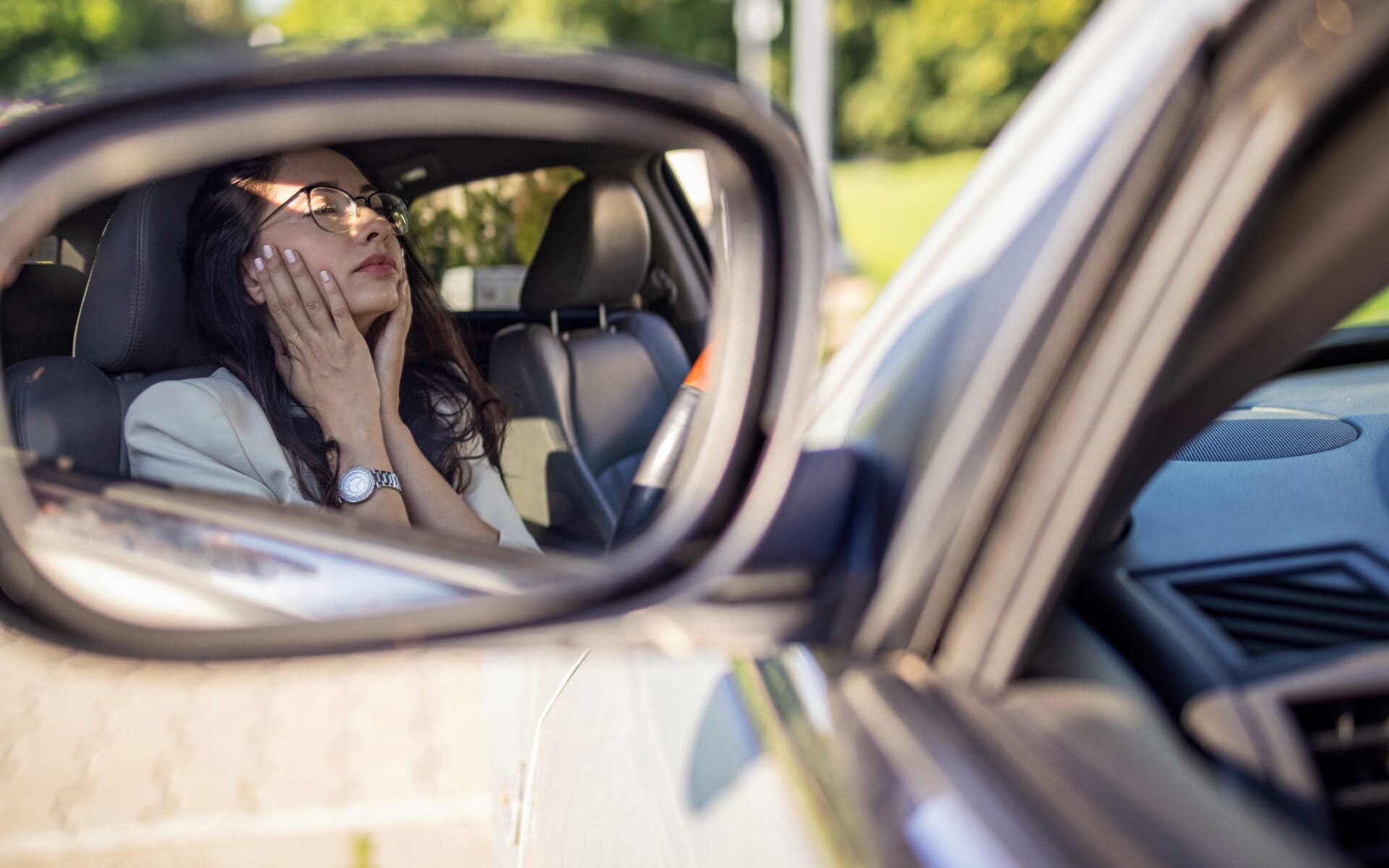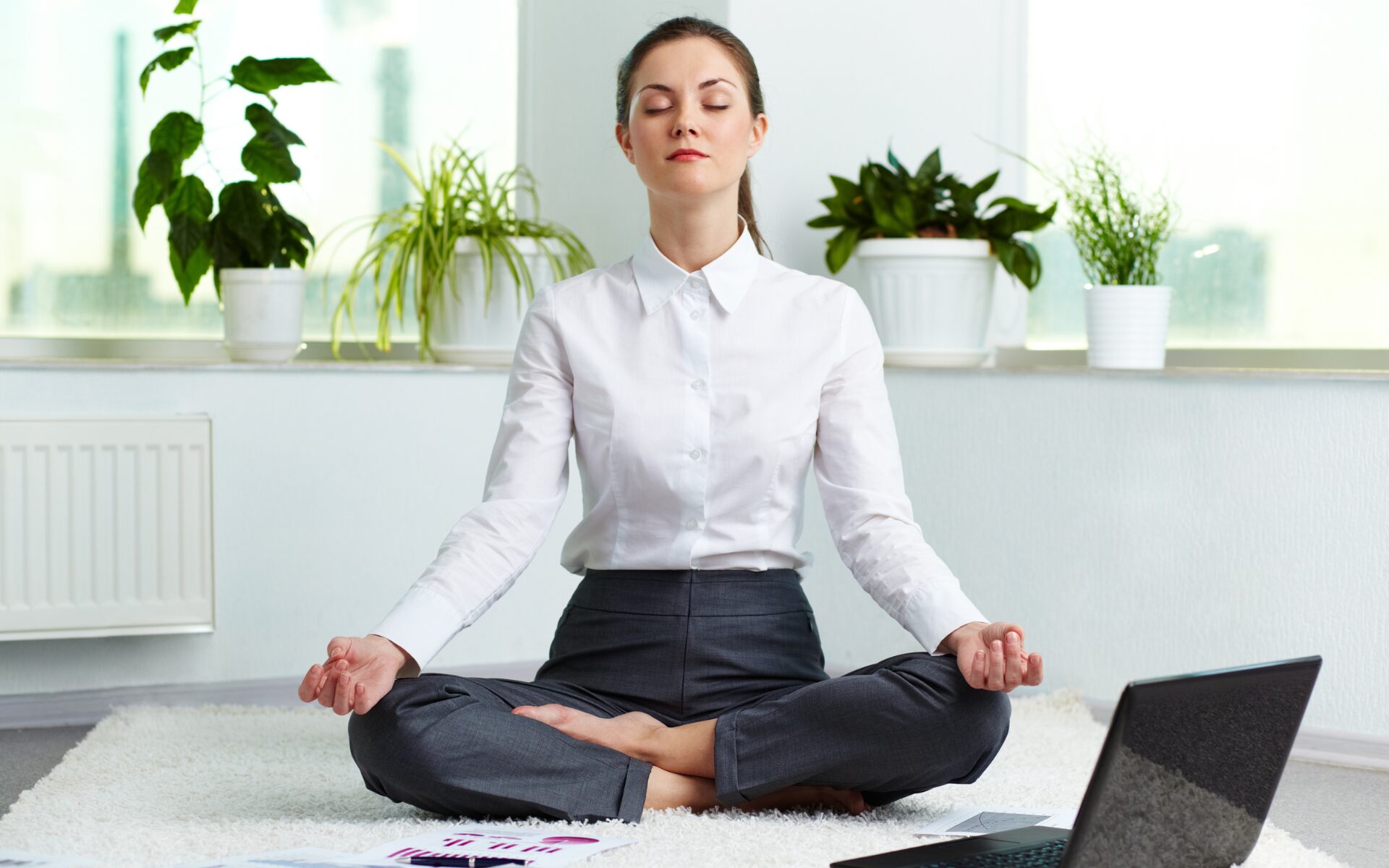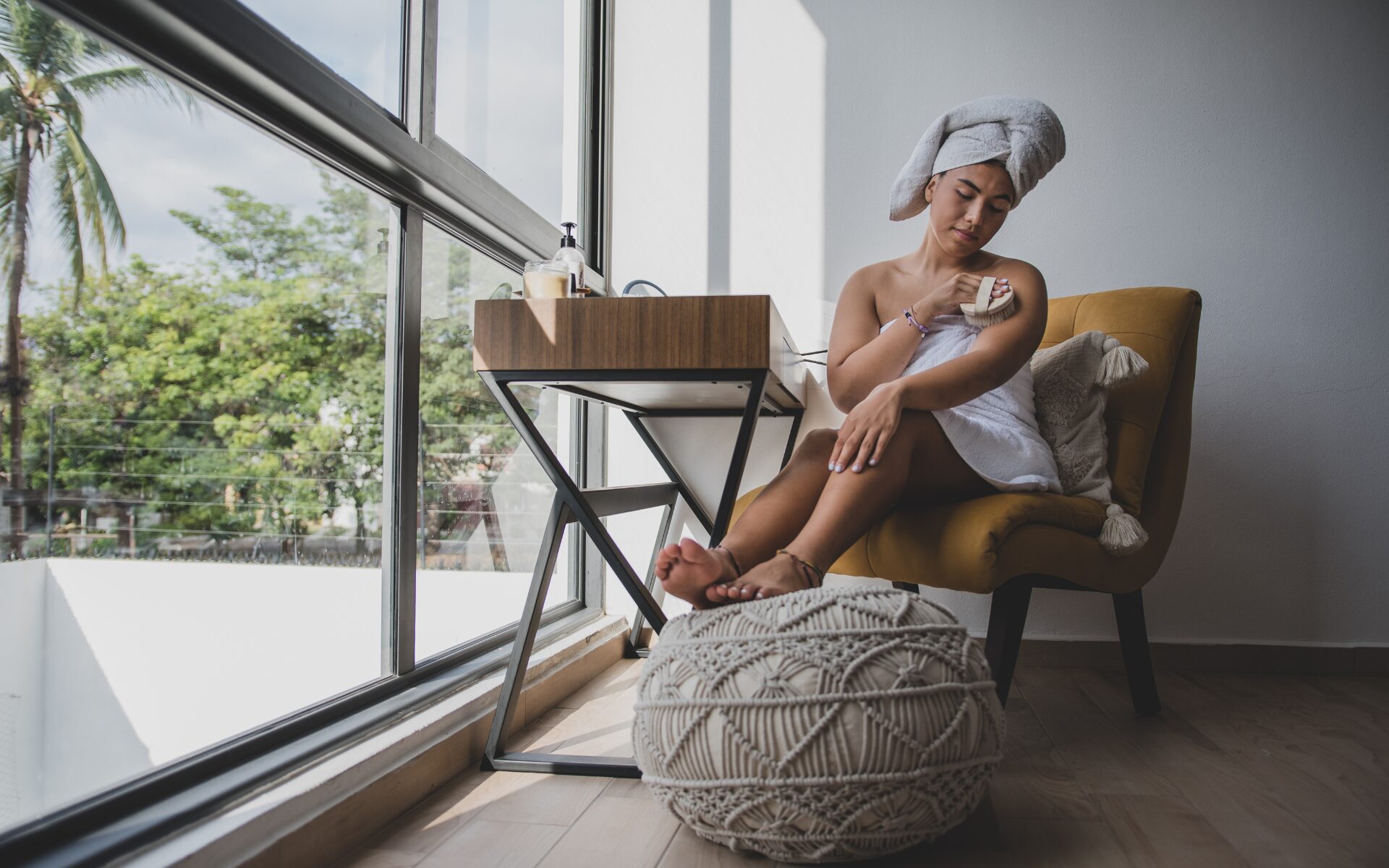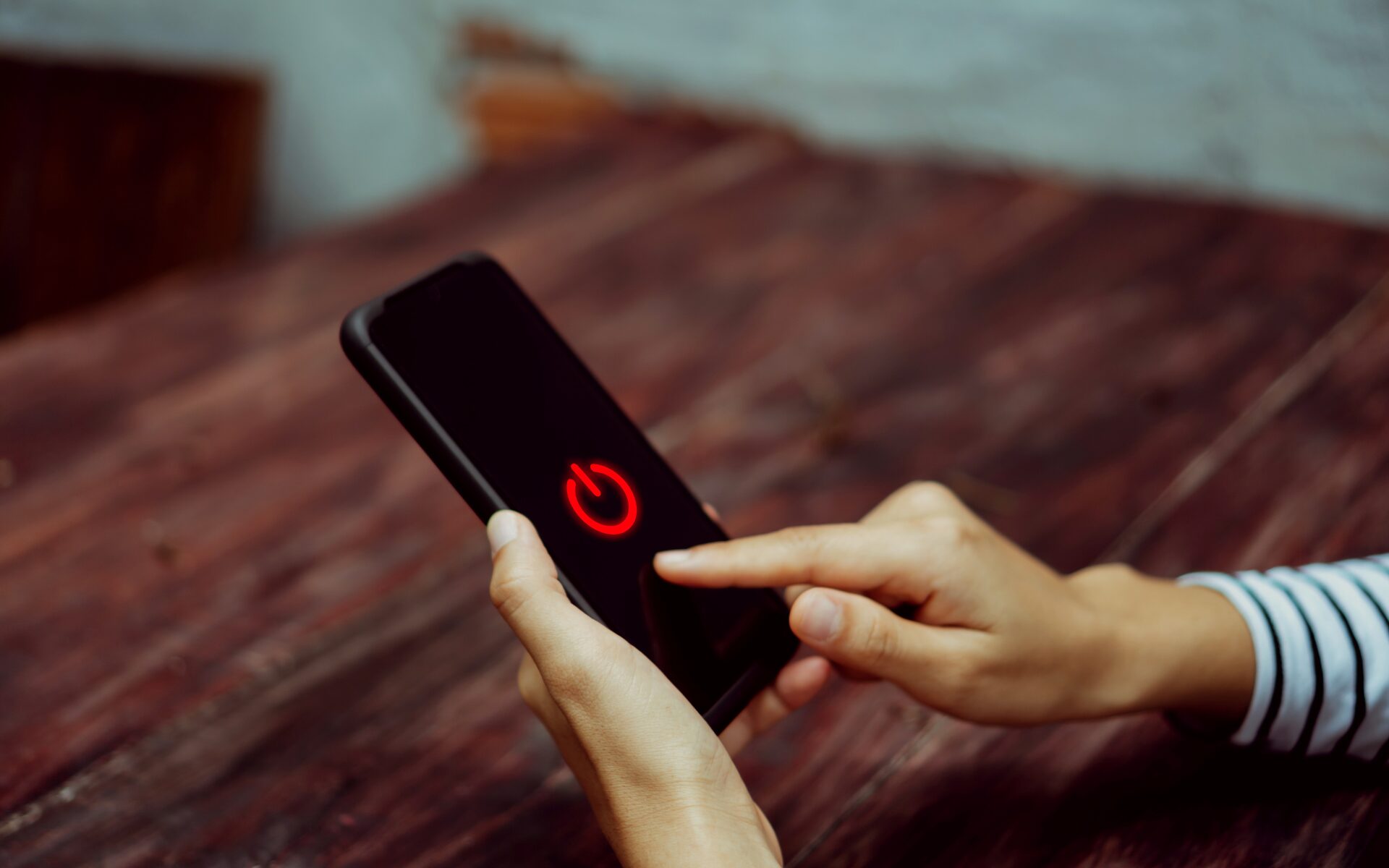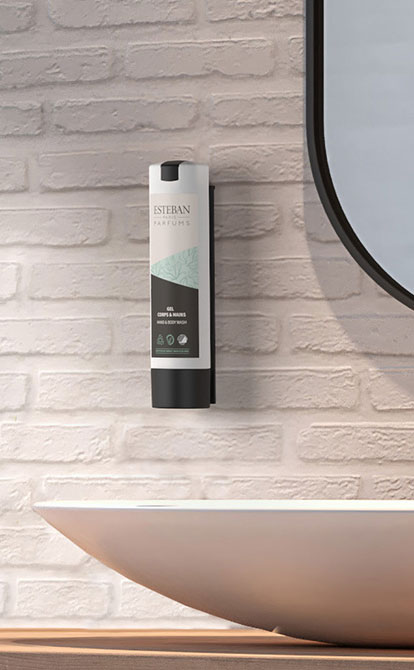For many professionals, decompressing after work is a challenge, especially on business trips. This may due to several different factors:
Traveling itself is stressful
Business trips generally involve some level of stress, which typically starts with the trip itself. Long car rides, overcrowded airports or train commutes create tension even before you arrive. This is compounded by all work obligations, which are often tightly scheduled on these trips, leaving little to no time for a break or a relaxing evening after work.
There’s an added layer of difficulty and challenges when traveling abroad and different time zones are involved. Jet lag can upset your natural circadian rhythm and negatively impact your sleep.
Changes in eating habits can also play a role: hotel food or meals on the road do not always match your own preferences, and sensitive people are likely to react with gestational issues. If you don’t have time to get used to the local cuisine or are forced to eat irregularly, you may experience digestive problems and general discomfort.
Even climate changes should not be underestimated, depending on how far or where the business trip takes you. Whether extreme heat, cold or high humidity, different weather conditions are an additional stressor for the body.
No hotel is like home
Many people feel uncomfortable in hotel rooms. The unfamiliar environment does not promote the desired feeling of relaxation. That makes it all the more difficult, after a long day at work, to unwind and relax.
Moreover, sleeping in an unfamiliar bed or with unfamiliar noises – be it street noise, humming air conditioners or other noises – is often less restful. The body struggles to adapt to the new environment, and the much-needed rest just doesn’t happen.
Many also miss their familiar routines and personal belongings. That makes it quite challenging to experience the hotel room as a place of retreat and create a cozy atmosphere.
Large workload
Business trips often come with a packed schedule. Meetings or presentations for international teams, business lunches, answering last-minute emails in the evening; that and more can make for a busy workday when traveling.
Your body will react with a feeling of stress. You will release stress hormones such as adrenaline and cortisol, which put you on high alert. These hormones need a certain amount of time to dissipate – the stress does not simply disappear when the clock says your workday is over. Especially after an intense day dominated by constant tension, the body remains in this state for a while. Even if you try to unwind, your body will remain trapped in this stress mode, which makes your sleep restless and less restorative.
Blurred boundaries between work and private life
It is harder to maintain a good work-life balance on business trips. Unfamiliar surroundings and a lack of routine make it difficult to establish clear boundaries – especially when there are work obligations after work as well. The hotel room often doubles as an office, or the final deal has to be closed during dinner.
Without spatial or time-based boundaries, the feeling of constantly being “on the job” remains and it is difficult to clear your head of work and switch into relaxation mode.
Constant availability via cell phone etc.
Smartphones, laptops, and tablets make it possible to work anytime and anywhere. At the same time, however, this also means that many employees remain available even after hours and continue to answer emails or messages. This is particularly noticeable on business trips, as the usual balance provided by family, friends, or hobbies is not available. Even when devices are switched off, people still feel that they have to be constantly available.
Körperpeeling kaufen
